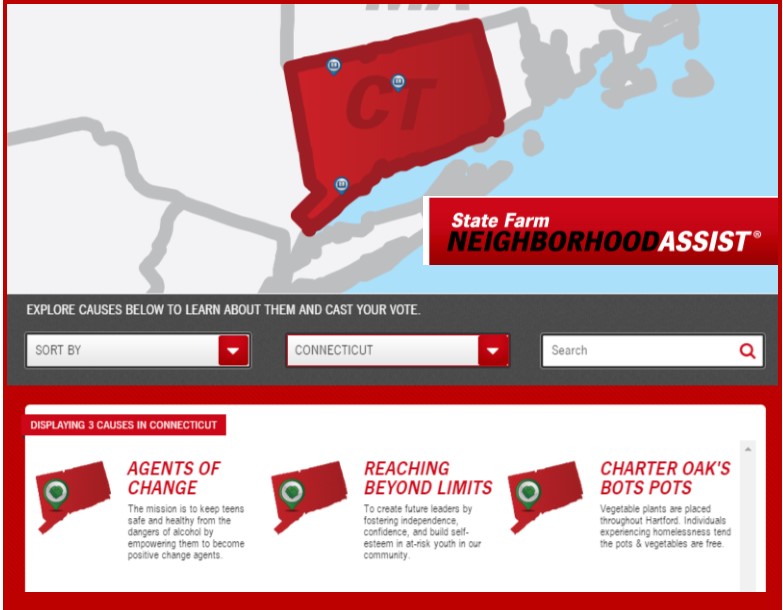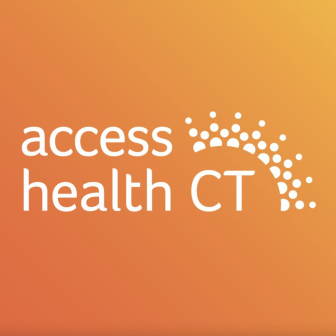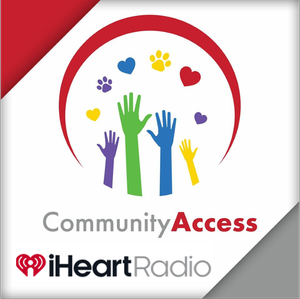New Partners, Speakers Add to Momentum for Digital Citizenship Summit in CT
/Billed as “a national gathering of the leading thinkers in the digital citizenship community,” plans are rapidly developing for the Digital Citizenship Summit to be held in Connecticut at the University of Saint Joseph (USJ) in West Hartford in October.
Organizers have announced four new national partners, the National Association for Media Literacy Education, Common Sense Education, Media Literacy Now and Cyberwise, and added additional speakers to an impressive roster of experts from around the country. Signing on as partners for the Summit:
- The National Association for Media Literacy Education (NAMLE) is a New Jersey-based national membership organization dedicated to advancing the field of media literacy education in the United States. NAMLE members “weave a diverse network of people and organizations committed to advancing media literacy education as a new vision of literacy for the 21st century.”
- Cyberwise is described as “the go-to learning source for adults who want to help kids use technology safely and wisely.” The organization helps parents and educators understand online safety, privacy, digital citizenship.”
- Common Sense Education, based in San Francisco, is dedicated to helping kids thrive in a world of media and technology, “empowering parents, teachers, and policymakers by providing unbiased information to help them harness the power of media and technology.”
- Media Literacy Now provides policy and advocacy information, expertise, and resources to develop state laws to implement media literacy education in schools.
The aim of the Digital Citizenship Summit, to be held on October 3, is to create positive, practical solutions along with amplifying the overall message of improving tech usage. Topics for the all-day Summit include digital literacy, etiquette, wellness, security, and law. The term “digital citizenship” describes appropriate, responsible tech and Internet use. Similar to the rights and responsibilities involved in being a citizen, there are legal and ethical obligations with being a digital citizen, notes co-organizer David Ryan Polgar, a tech ethicist and digital lifestyle expert from West Hartford.
"The Digital Citizenship Summit is striking a nerve nationwide. There is a tremendous level of enthusiasm to collectively work towards better tech use standards,” Polgar explained. “What the Summit is doing is bringing all of those voices together and amplifying the message. It has been gratifying to see the level of support so far, and we're proud that Connecticut is playing such an integral role in shaping the national conversation concerning digital citizenship."
Registration for the day-long Summit has recently opened, and organizers are anticipating the limited capacity will sell out quickly. Already, attendees and participants from Florida to California have signed on. The organizing committee includes Polgar, Marlialice B.F.X. Curran, an Associate Professor at USJ, and JoAnn Freiberg, an educational consultant with the Connecticut Department of Education.
Speakers added recently include Janell Burley Hofman, an author, speaker and consultant on topics including technology, media, health, relationships and personal growth. Janell is the author of the book, iRules: What Every Tech-Healthy Family Needs to Know About Selfies, Sexting, Gaming and Growing Up. She has also presented at TEDx San Diego with a talk titled “Parenting in the Screen Age.” Janell is an essayist and contributor to the Huffington Post, and a contributor to APR’s Marketplace Tech. 
Also added to the speaker roster is Tanya Avrith, the Lead Pedagogical Consultant at Amplified IT. She is a Google Certified Teacher, Apple Distinguished Educator and holds a M.A. in Educational Technology. She previously served as the Lead Educational Technology and Digital Citizenship Teacher at the Lester B. Pearson School Board in Montreal, Canada. While there she was instrumental in the vision and execution of the district wide Digital Citizenship Program (dcp.lbpsb.qc.ca) leading to her being invited to Facebook to discuss Digital Citizenship Education.
Speakers at the October event also include Reuben Loewy, Founder and Director of Living Online Lab, a nonprofit organization dedicated to preparing students to be informed, critical and active participants in our digital society, and Denise Lisi DeRosa, Program Manager for the Family Online Safety Institute. She is dedicated to empowering families with the tools needed to embrace the current social and digital technologies in meaningful, creative and positive ways.
The University of Saint Joseph, which will host the Summit, has offered two digital citizenship courses since 2010, created and taught by Dr. Curran, an Associate Professor in the School of Education. Curran and Tracy Mercier, a consultant for Responsive Classroom and a graduate of the University of Saint Joseph, co-founded the first digital citizenship #digcit chat on Twitter.




 Fixed route transportation operates along a prescribed route and on a fixed schedule, and includes buses and light rail. In 2014 in Connecticut, buses provided over 43 million passenger trips and rail provided over 39 million passenger trips. Demand-responsive transportation provides routes and scheduling more individually tailored to the needs of the user. The Americans with Disabilities Act (ADA) requires transit agencies to provide paratransit service, subject to certain parameters, to people with disabilities who cannot use the fixed route services. Paratransit ridership in Connecticut in fiscal year 2014 under the ADA totaled over one million rides, and dial-a-ride ridership neared 100,000 rides.
Fixed route transportation operates along a prescribed route and on a fixed schedule, and includes buses and light rail. In 2014 in Connecticut, buses provided over 43 million passenger trips and rail provided over 39 million passenger trips. Demand-responsive transportation provides routes and scheduling more individually tailored to the needs of the user. The Americans with Disabilities Act (ADA) requires transit agencies to provide paratransit service, subject to certain parameters, to people with disabilities who cannot use the fixed route services. Paratransit ridership in Connecticut in fiscal year 2014 under the ADA totaled over one million rides, and dial-a-ride ridership neared 100,000 rides. ommunities are located within a reasonable distance of quality, dependable public transportation.” In addition, policy makers were urged to “identify funding streams to sustain, coordinate, grow and make more convenient both fixed route and demand-responsive transportation options (including providing door-to-door service), and provide technical assistance to support regionalization efforts.”
ommunities are located within a reasonable distance of quality, dependable public transportation.” In addition, policy makers were urged to “identify funding streams to sustain, coordinate, grow and make more convenient both fixed route and demand-responsive transportation options (including providing door-to-door service), and provide technical assistance to support regionalization efforts.”
 “Studies show that kids who are physically active have higher test scores, are more likely to go to college, and smoke and drink less,” he added. ”Sports can also help build life skills, including enhancing self-esteem, unifying teams and driving social inclusion. By driving support to entities enhancing access to sports, we can help.”
“Studies show that kids who are physically active have higher test scores, are more likely to go to college, and smoke and drink less,” he added. ”Sports can also help build life skills, including enhancing self-esteem, unifying teams and driving social inclusion. By driving support to entities enhancing access to sports, we can help.” er on the Kansas state assessments than non-athletes, in all subject areas. They are clearly learning something in their classes.”
er on the Kansas state assessments than non-athletes, in all subject areas. They are clearly learning something in their classes.” The July event is part of a year-long effort to listen, learn, and share with older adults, their families, their caregivers, community leaders, and experts in the aging field on how to best address the changing landscape of aging in the coming decade, officials said. Since the 1960’s the
The July event is part of a year-long effort to listen, learn, and share with older adults, their families, their caregivers, community leaders, and experts in the aging field on how to best address the changing landscape of aging in the coming decade, officials said. Since the 1960’s the 
 ment; how to remain healthy as we age; what types of services and supports can help older Americans remain independent in the community as we age; and how to support this care and the caregivers who provided it; and how to protect older Americans from financial exploitation, abuse and neglect.
ment; how to remain healthy as we age; what types of services and supports can help older Americans remain independent in the community as we age; and how to support this care and the caregivers who provided it; and how to protect older Americans from financial exploitation, abuse and neglect.

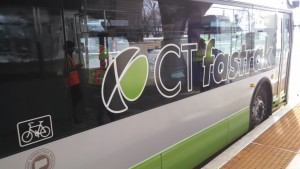 For the first time in the history of the awards program, a state agency was also selected to receive an award. The CT Department of Transportation received a special award for Starting a Revolution: Integration of Land Use and Transit in recognition of the progressive nature of CTfastrak, the bus rapid transit system opened earlier this year. The awards jury that selected the winners gave the award because they felt the new busway represents a cultural shift in how Connecticut views transit, and wanted to acknowledge the future promise of transit oriented development that will hopefully result around the station locations.
For the first time in the history of the awards program, a state agency was also selected to receive an award. The CT Department of Transportation received a special award for Starting a Revolution: Integration of Land Use and Transit in recognition of the progressive nature of CTfastrak, the bus rapid transit system opened earlier this year. The awards jury that selected the winners gave the award because they felt the new busway represents a cultural shift in how Connecticut views transit, and wanted to acknowledge the future promise of transit oriented development that will hopefully result around the station locations.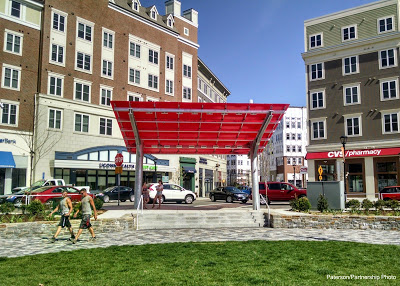


 mework, or take an elderly parent to a doctor’s appointment.” In half of all families with children, women are the primary or co-breadwinner, the report indicates, and low-income families are particularly likely to have all parents in the labor force.
mework, or take an elderly parent to a doctor’s appointment.” In half of all families with children, women are the primary or co-breadwinner, the report indicates, and low-income families are particularly likely to have all parents in the labor force.
 The analysis pointed out that nationally “many workers lack access to even the most basic supports such as earned sick days and job-protected paid parental leave. Quality child care is also out of reach for many families because it is not affordable. Women are the large majority of family caregivers, and in the absence of reliable family supports, too many women are forced to make difficult decisions between keeping their jobs and caring for their family members.”
The analysis pointed out that nationally “many workers lack access to even the most basic supports such as earned sick days and job-protected paid parental leave. Quality child care is also out of reach for many families because it is not affordable. Women are the large majority of family caregivers, and in the absence of reliable family supports, too many women are forced to make difficult decisions between keeping their jobs and caring for their family members.”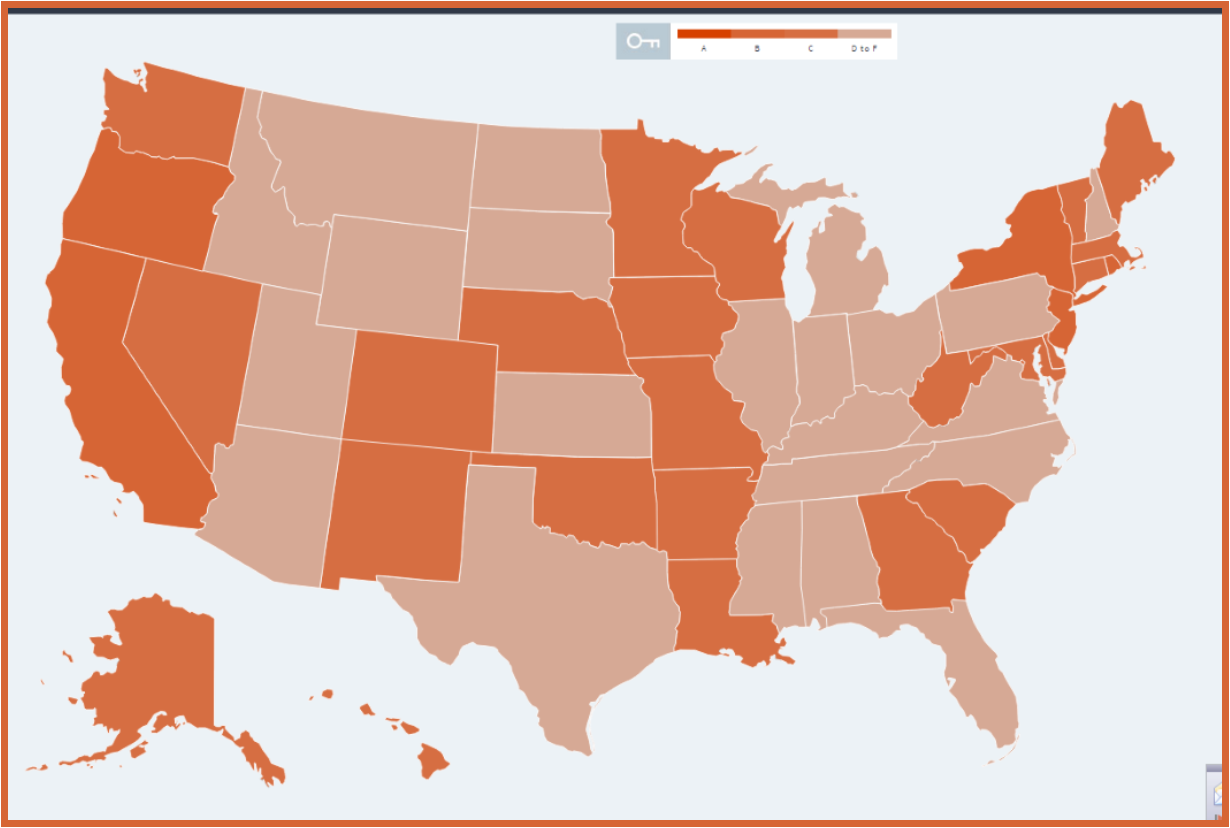 (U.S. Department of Labor Women’s Bureau 2015). The report indicates that Connecticut has 392,974 “breadwinner mothers in households with children under 18,” using 2013 data, ranking the state 25th in the nation at 29 percent.
(U.S. Department of Labor Women’s Bureau 2015). The report indicates that Connecticut has 392,974 “breadwinner mothers in households with children under 18,” using 2013 data, ranking the state 25th in the nation at 29 percent.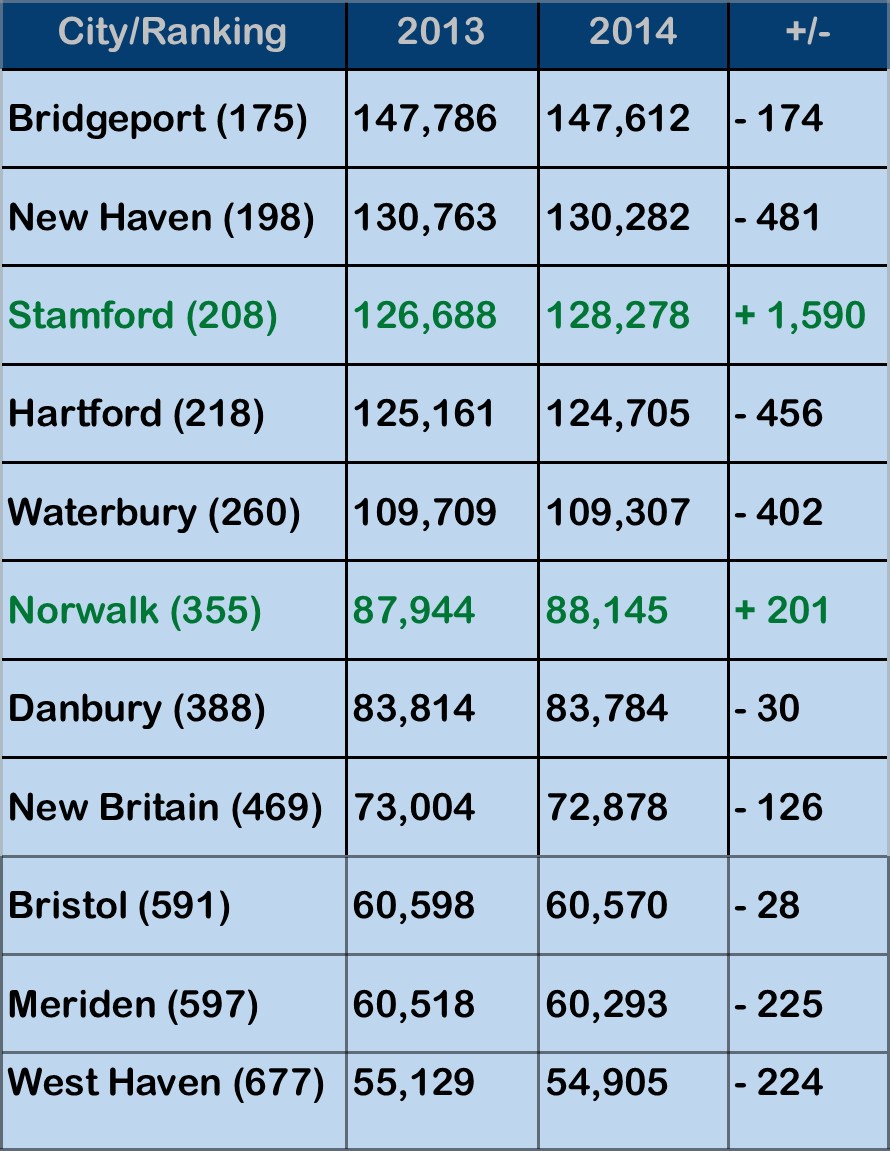 Over the past four years, population also grew in Hartford, New Haven, Stamford, Danbury and Norwalk, but declined in some of the state’s other large municipalities, including Waterbury, New Britain, Meriden and West Haven.
Over the past four years, population also grew in Hartford, New Haven, Stamford, Danbury and Norwalk, but declined in some of the state’s other large municipalities, including Waterbury, New Britain, Meriden and West Haven.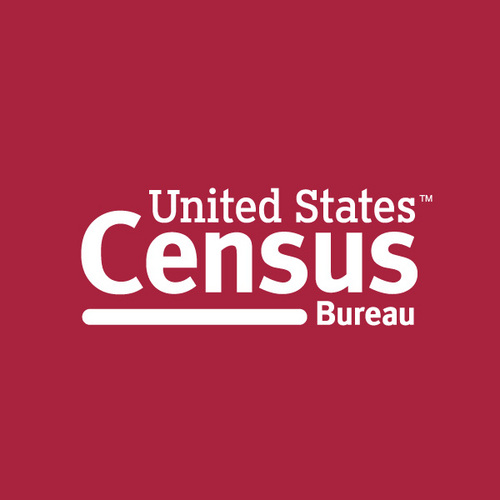 wed the gap between the two cities to 2,004. Just four years ago, the population differential was 7,075. Stamford passed Hartford to rank as the state’s third largest city three years ago.
wed the gap between the two cities to 2,004. Just four years ago, the population differential was 7,075. Stamford passed Hartford to rank as the state’s third largest city three years ago.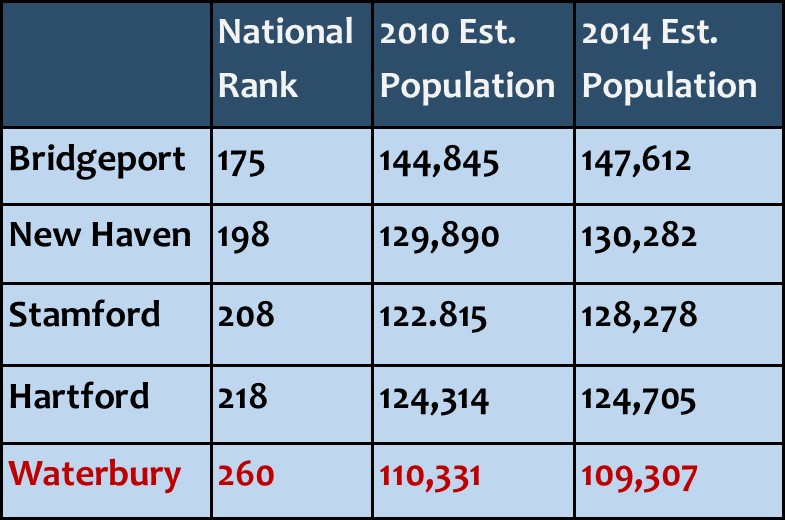 according to the census data, while Bristol (number 591) saw a slight uptick of just under 100 residents, from 60,477 to a 60,570. Meriden (number 597) saw population slip from 60,868 to 60,293. West Haven, the 677th most populous city in the nation, also experienced a drop in populations, from 55,565 to 54,905.
according to the census data, while Bristol (number 591) saw a slight uptick of just under 100 residents, from 60,477 to a 60,570. Meriden (number 597) saw population slip from 60,868 to 60,293. West Haven, the 677th most populous city in the nation, also experienced a drop in populations, from 55,565 to 54,905.
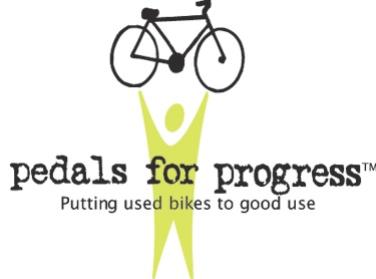
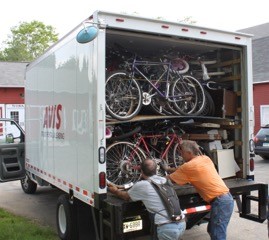 The organization also accepts
The organization also accepts 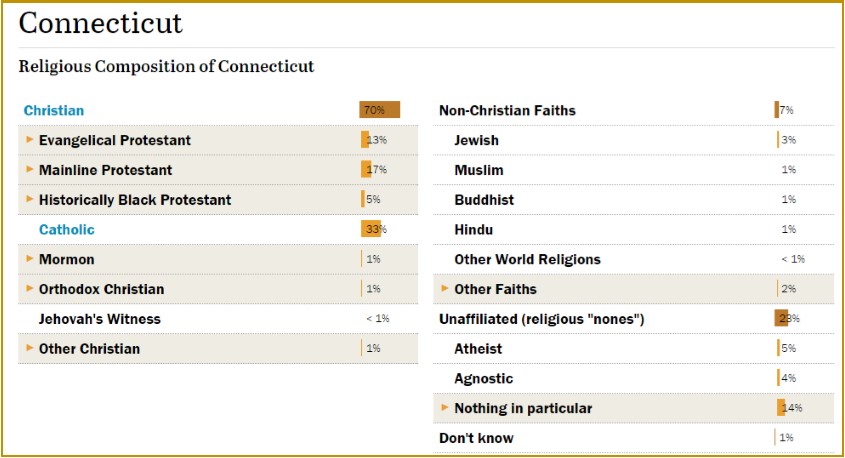 While the drop in Christian affiliation is particularly pronounced among young adults nationwide, it is occurring among Americans of all ages. The same trends are seen among whites, blacks and Latinos; among both college graduates and adults with only a high school education; and among women as well as men, according to the Pew data.
While the drop in Christian affiliation is particularly pronounced among young adults nationwide, it is occurring among Americans of all ages. The same trends are seen among whites, blacks and Latinos; among both college graduates and adults with only a high school education; and among women as well as men, according to the Pew data.

